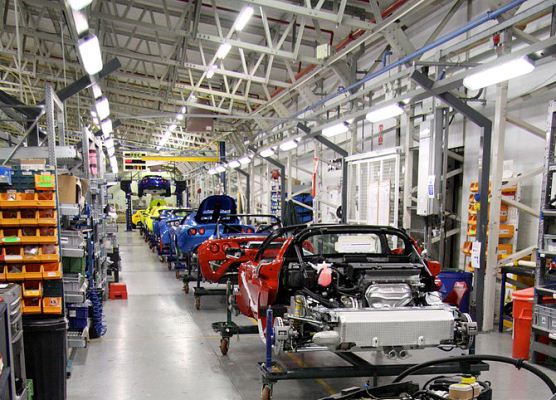The World Trade Organization (WTO) said it expects world trade to grow 2.4% in 2017, up from a very weak 1.3% in 2016, but due to a high level of uncertainty, this is placed within a range of 1.8% to 3.6%.
In 2018, the WTO is forecasting merchandise trade growth in volume terms of between 2.1% and 4%.
Attaining these rates of growth depends on global GDP expanding 2.7% this year and 2.8% next year, up from the 2.3% GDP growth in 2016.
“The unpredictable direction of the global economy in the near term and the lack of clarity about government action on monetary, fiscal and trade policies raises the risk that trade activity will be stifled,” WTO said.
“A spike in inflation leading to higher interest rates, tighter fiscal policies and the imposition of measures to curtail trade could all undermine higher trade growth over the next two years.”
WTO director-general Roberto Azevêdo said, “Weak international trade growth in the last few years largely reflects continuing weakness in the global economy. Trade has the potential to strengthen global growth if the movement of goods and supply of services across borders remains largely unfettered.”
In 2016, the ratio of trade growth to GDP growth fell for the first time since 2001 to below 1:1 to a ratio of 0.6:1. The ratio is expected to partly recover in 2017, but it remains a cause for concern, said WTO.
The slowdown in emerging market economies contributed much to the sluggish rate of trade growth in 2016, but these countries are expected to return to modest growth in 2017.
WTO said leading indicators of real trade growth are up in the early months of 2017, suggesting a strengthening of trade at the start of this year. Container throughput of major ports has recovered from its slump of 2015-16 to reach a record high level, with year-on-year growth of 5.2% in the first two months of 2017.
World export orders have also climbed to their highest level in several years in February, pointing to faster trade growth in the coming months. Finally, estimates of world GDP growth have risen from 2.3% in 2016 to 2.7% in 2017 and 2.8% in 2018.
But the organization said these positive indications are up against a number of “clear and significant risks.” These include a rise in restrictive trade policies, unexpected inflation, and uncertainty engendered by Brexit.
“Growing anti-globalization sentiment and the rise of populist political movements have increased the likelihood that restrictive trade measures will be employed more widely,” said WTO.
“With inflationary pressures building gradually in developed countries, central banks could also accelerate their pace of monetary tightening, with negative consequences for economic growth and trade in the short run. Changes in fiscal policy could also have unintended international consequences that could reduce global economic activity and trade.”
In Europe, challenging negotiations between the United Kingdom and the rest of the European Union will increase uncertainty about the shape of their trade relations in the future. Sovereign debt in highly indebted EU countries is still an outstanding issue that may come to the fore once again over the next two years.
“In light of these factors, there is a significant risk that trade expansion in 2017 will fall into the lower end of the range,” said WTO.
Photo: Brian Snelson









